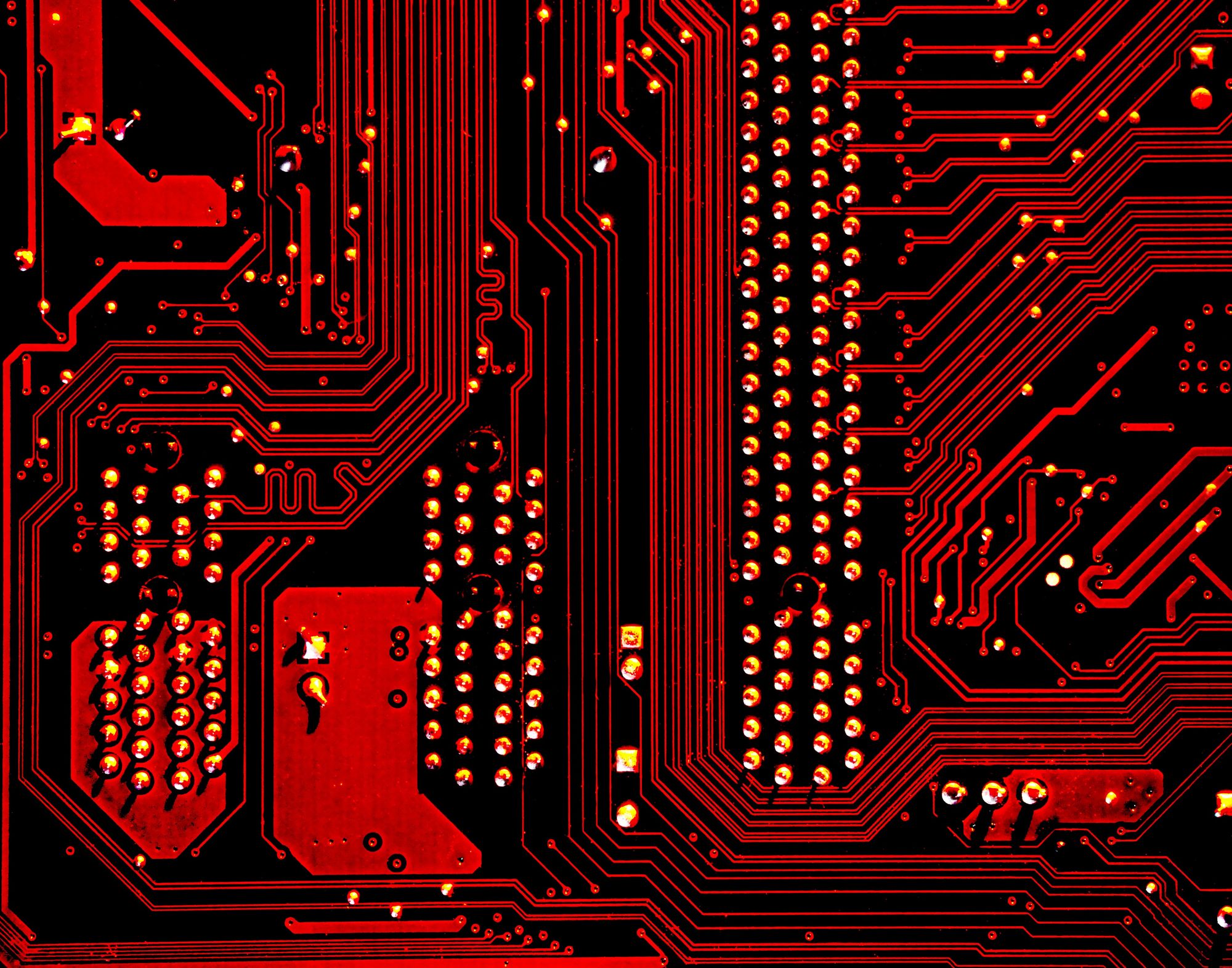Introduction
When it comes to quantum computing, there are various factors that come into play. One of the most important among them is fidelity, which is essentially the measure of how closely a quantum computer can maintain its state over time. In a classical computer, the accuracy of calculations is dependent on the ability to manipulate bits from 0s to 1s with high accuracy. Similarly, in a quantum computer, the accuracy of calculations is dependent on our ability to manipulate qubits from 0s to 1s and vice versa with high fidelity.
Quantum fidelity is a complex topic that plays a critical role in the field of quantum computing. It is an important measure of the quality of quantum information processing, and is affected by a range of factors such as the stability of the qubits, the coherence time of the system, and the quality of the control mechanisms used to manipulate the qubits. In this blog post, we will discuss the concept of quantum fidelity in more detail, exploring its importance in quantum computing and the various factors that affect it. We will also examine some of the approaches that researchers are taking to improve fidelity in quantum computing systems, and the potential implications of these developments for the future of the field.
What is Quantum Fidelity?
In quantum computing, fidelity is a complex and multi-faceted concept that plays a critical role in the performance and accuracy of quantum gate operations. At its core, fidelity refers to the degree of similarity between the actual output of a quantum gate operation and the desired or intended output. This metric is influenced by a variety of factors, including the coherence time of the qubits, the accuracy of the control mechanisms, and the effectiveness of error correction protocols.
One way to think about fidelity is that it represents the extent to which a quantum gate is able to perform the intended operation on qubits without introducing errors or deviations from the desired output. When the fidelity is high, the gate is able to accurately and precisely perform the intended operation, resulting in a reliable and robust quantum circuit.
However, when the fidelity is low, the gate is more prone to errors and inaccuracies, which can result in a variety of issues, including decoherence, entanglement, and gate failure. As such, improving fidelity is a key area of focus in quantum computing research, with many innovative and promising approaches being explored and developed. These include the use of advanced error correction codes, the development of more robust control mechanisms, and the use of novel qubit architectures that are less susceptible to environmental noise and interference. By improving fidelity, researchers hope to unlock the full potential of quantum computing and enable a new era of powerful and transformative quantum applications.
Fidelity, the measure of how well a quantum gate operation performs, can be assessed by comparing its theoretical output to its actual output. The theoretical output is what we would expect from a perfectly executed gate operation, while the actual output is the result obtained from performing the gate operation on a physical quantum system. In practice, achieving high fidelity is crucial for the successful implementation of quantum algorithms and protocols. Factors that can affect fidelity include noise and decoherence, which can cause errors in the operation of the quantum device. Researchers are constantly exploring new techniques to mitigate these effects, such as error correction codes and quantum error correction protocols. By improving fidelity, we can unlock the full potential of quantum computing and enable the development of new technologies in fields such as medicine, finance, and cryptography.

Importance of Quantum Fidelity
Quantum fidelity is a critical factor in quantum computing because it determines the accuracy of computations performed by a quantum computer. The process of achieving high fidelity involves various techniques such as error correction codes, decoherence suppression, and noise reduction.
Error correction codes are a set of algorithms used to identify and fix errors in the quantum computation process. Decoherence suppression is a method used to preserve the quantum states of a computer's qubits, which are the fundamental units of quantum computation. Noise reduction is used to minimize the impact of external factors such as temperature and electromagnetic fields on the computer's qubits.
The higher the fidelity, the more accurate the computations will be. A high level of fidelity is essential for quantum computers to perform complex calculations, such as those required for cryptography, drug design, and optimization problems. Therefore, researchers are continually developing new methods to increase the fidelity of quantum computing systems.
Quantum systems are inherently noisy due to the effects of decoherence and environmental factors such as temperature and electromagnetic radiation. This noise can cause errors in quantum gate operations, resulting in reduced fidelity. Therefore, improving fidelity is critical to achieving fault-tolerant quantum computing.
Additionally, high-fidelity quantum gates are essential for implementing quantum error correction codes, which are necessary for protecting quantum information from errors and decoherence.
Conclusion
In conclusion, quantum fidelity is a critical factor in the performance of quantum computing. It determines the accuracy of computations performed by a quantum computer, and high-fidelity quantum gates are essential for achieving fault-tolerant quantum computing. The importance of quantum fidelity lies in its ability to maintain a quantum state, which is susceptible to environmental noise and other disturbances. This is why improving fidelity is a key area of focus in quantum computing research, as it is necessary to enable the development of practical quantum applications. One approach to improving fidelity is through the use of quantum error correction techniques, which involves detecting and correcting errors that occur during quantum operations. Additionally, recent research has explored the use of machine learning algorithms to improve the fidelity of quantum gates. As quantum computing technology continues to advance, there is a growing need to improve fidelity in order to unlock the full potential of quantum computing and its potential applications in fields such as cryptography, drug discovery, and optimization problems.






